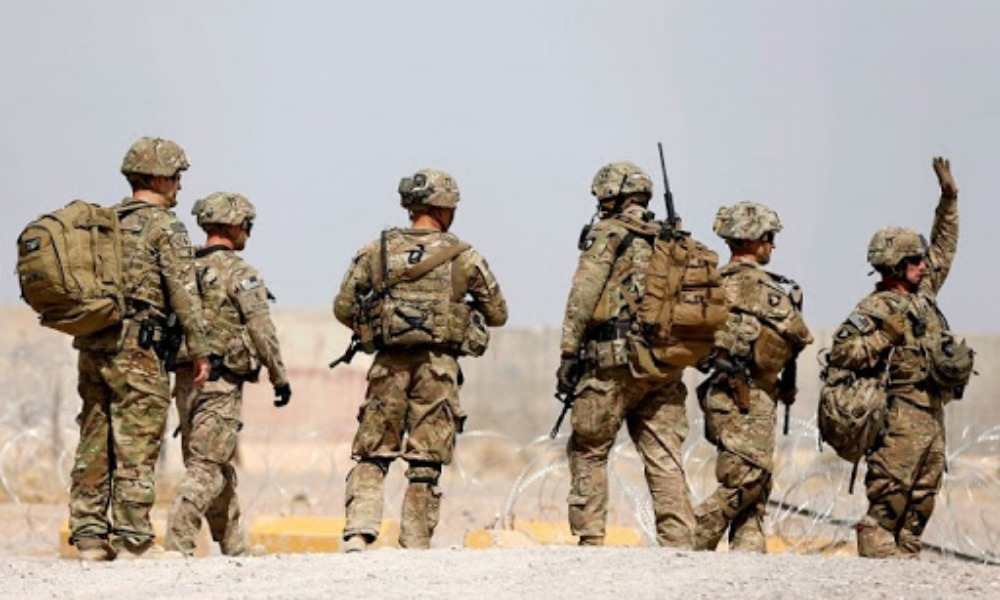Foreign troops to stay in Afghanistan after May deadline: NATO sources

International troops plan to stay in Afghanistan beyond the May deadline envisaged by the insurgent Taliban’s deal with the United States, four senior NATO officials told Reuters.
The move could however escalate tensions with the Taliban which is demanding a full withdrawal.
“There will be no full withdrawal by allies by April-end,” one of the officials told Reuters.
“Conditions have not been met,” he said on condition of anonymity because of the sensitivity of the matter.
“And with the new US administration, there will be tweaks in the policy, the sense of hasty withdrawal which was prevalent will be addressed and we could see a much more calculated exit strategy.”
The former Trump administration signed an agreement with the Taliban early last year calling for the withdrawal of all foreign troops by May in return for the insurgents fulfilling certain security guarantees.
Trump hailed the accord – which did not include the Afghan government – as the end of two decades of war. He reduced US troops to 2,500 by this month, the fewest since 2001.
Plans on what will happen after April are now being considered and likely to be a top issue at a key NATO meeting in February, the NATO sources told Reuters.
Peace talks between the Afghan government and the Taliban began in September in Doha, but violence has remained high.
Reuters reported that Kabul and some foreign governments and agencies say the Taliban has failed to meet conditions due to escalated violence and a failure to cut ties with militant groups such as Al Qaeda, which the Taliban denies.
The new US administration under Joe Biden has launched a review of the US-Taliban deal but a Pentagon spokesman said the Taliban have not met their commitments.
However, Washington remained committed to the process and had not decided on future troop levels, the Pentagon stated this week.
A State Department representative said Biden was committed to bringing a “responsible end to the ‘forever wars’… while also protecting Americans from terrorist and other threats.”
Afghanistan’s presidential palace did not respond to a request for comment, Reuters reported.
Meanwhile, according to Reuters, two Taliban sources said the group has become increasingly concerned in recent weeks about the possibility that Washington might change aspects of the agreement and keep troops in the country beyond May.
“We conveyed our apprehensions, but they assured us of honouring and acting on the Doha accord. What’s going on, on the ground in Afghanistan, is showing something else. And that’s why we decided to send our delegations to take our allies into confidence,” a Taliban leader in Doha told Reuters.
A Taliban delegation this week visited Iran and Russia, and the leader said they were contacting China.
Although informal meetings have been taking place between negotiators in Doha, progress has stalled in recent weeks after an almost one-month break, according to negotiators and diplomats.
Taliban spokesman Zabihullah Mujahid told Reuters the insurgents remained committed to the peace process.
“No doubt that if the Doha deal is not implemented there will be consequences, and the blame will be upon that side which does not honour the deal,” he said.
“Our expectations are also that NATO will think to end this war and avoid more excuses for prolonging the war in Afghanistan.”
NATO and Washington will have a challenge getting the Taliban to agree to an extension beyond May.
